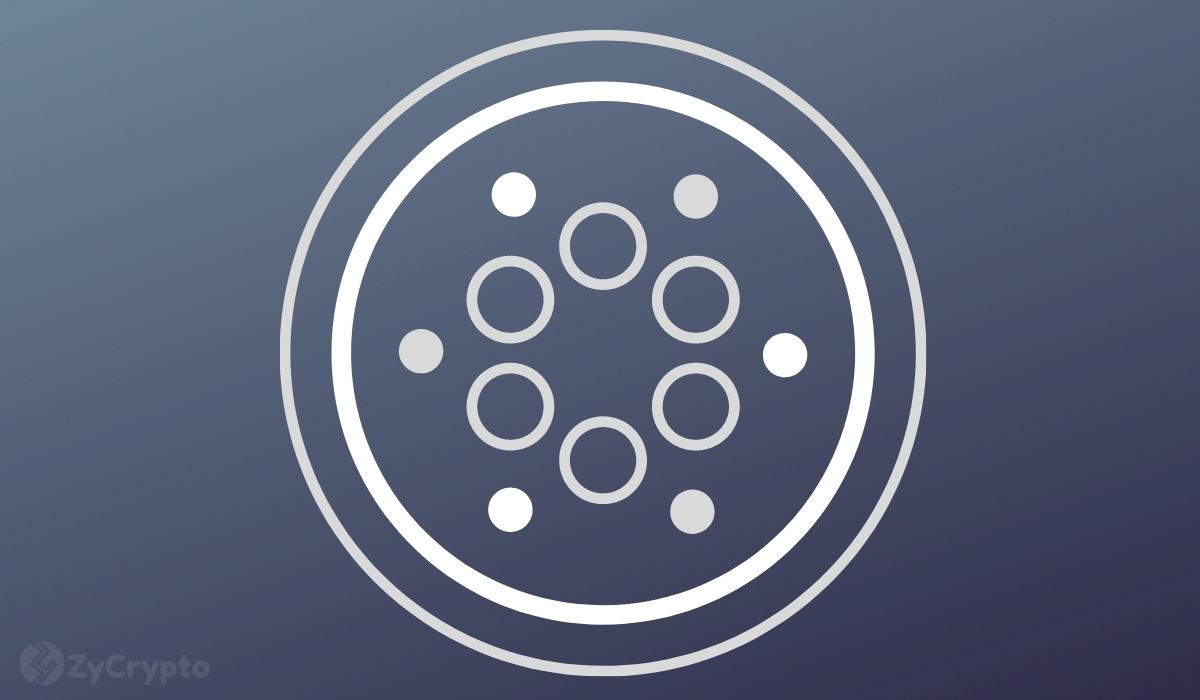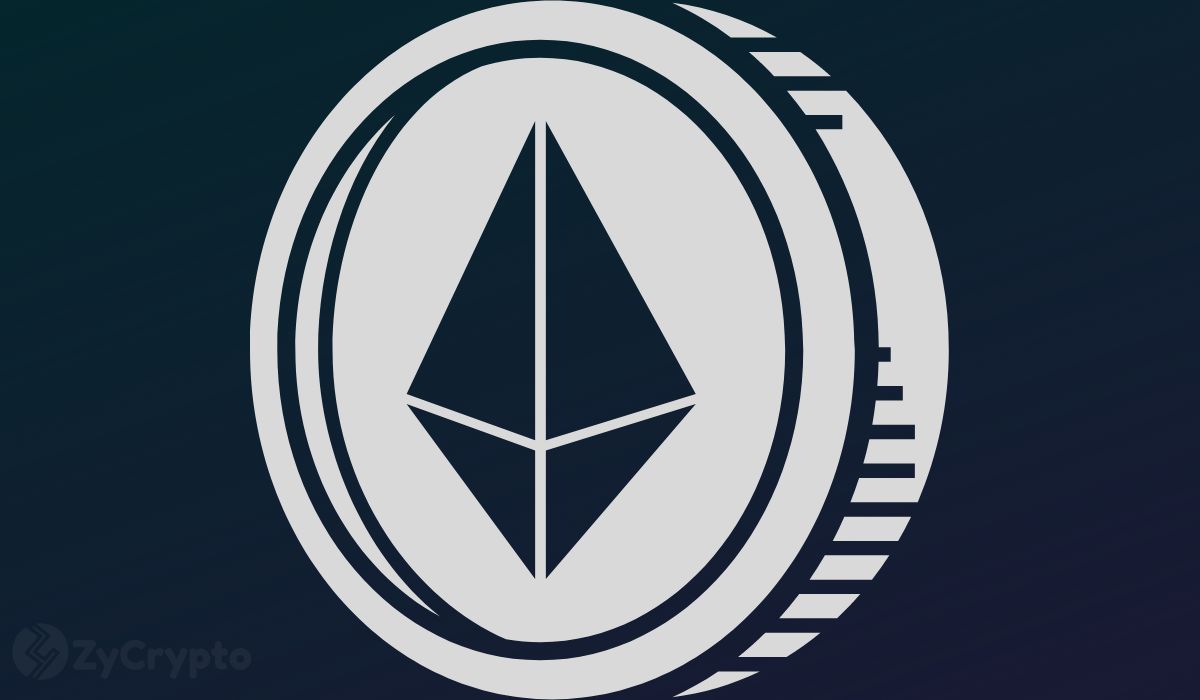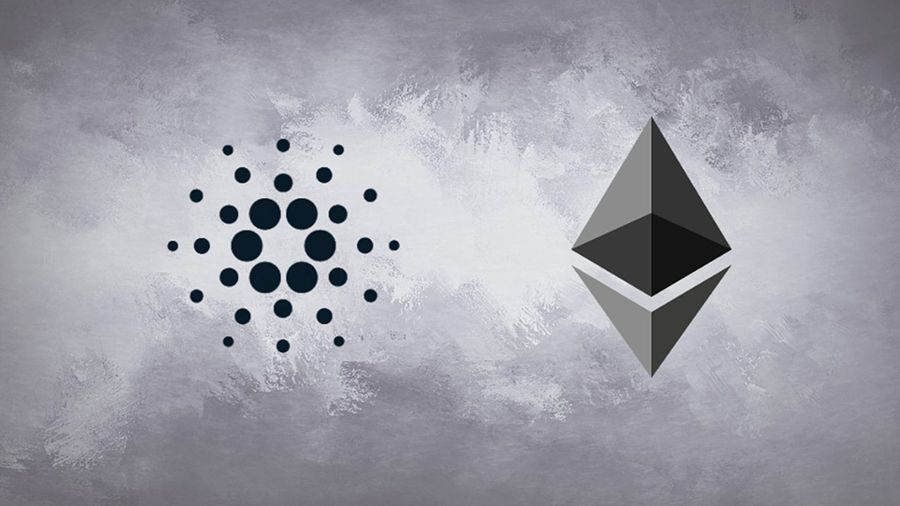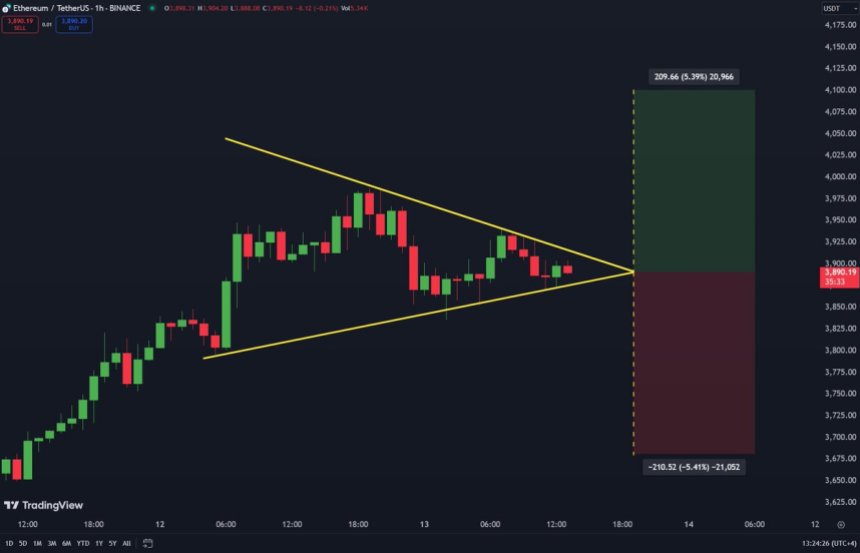
2022-9-24 13:02 |
Barely a week after Ethereum’s transition to Proof-of-Stake, Cardano (ADA) has replied to its critics with the widely anticipated Vasil upgrade as it looks to lure more projects to its network with improved features.
On Thursday, Cardano’s Vasil upgrade went live as the community watched with bated breath. The event was Cardano’s first major technological advancement since it enabled smart contract functionality back in 2021.
Input Output Hong Kong (IOHK) hailed the success of the “hardfork” as one designed to improve the network’s functionality. Vasil’s hard fork is unique for the network because, unlike other networks that either restart the chain or make the current protocol stop running, Vasil leverages Cardano’s Hard Fork Combinator (HFC) technology that ensures that “the new rules are used, and the history of the previous blocks is fully preserved.”
“The Vasil upgrade will bring significant performance & capability enhancements to Cardano, from higher throughput capability via diffusion pipelining to a better developer experience with much-improved script performance, efficiency & lower costs,” tweeted IOHK.
Other improvements resulting from the upgrade include better smart contract capability and reduced script execution costs and transaction size. The upgrade was named after Vasil St. Dabov, a former Chief Blockchain Advisor at Quanterall and a Cardano enthusiast until his passing in Dec 2021.
A steep hill for Cardano to climbCharles Hoskinson, Cardano’s founder, was quoted saying that the Vasil upgrade was the “hardest update” the developers had worked on in the network’s history. As expected, the journey towards the upgrade was marred by two delays that dampened the enthusiasm of community members.
One of the delays in August was linked to claims that the Cardano testnet was broken. Another delay in July arose due to issues relating to stake pool operators, decentralized application (DApp) developers, and a host of other nagging challenges.
Cardano and Ethereum go head to headAfter Ethereum ditched Proof-of-Work (PoW), it reduced its energy consumption by an impressive 99% and looked to rein in its skyrocketing transaction fees. The switch is a valiant attempt to put some distance between it and other competing blockchains like Solana (SOL) and Cardano.
However, the move has opened a can of worms like more PoW forks on the network and the concerns that regulatory agencies worldwide will treat it as a security. In the event of this happening, some exchanges might be forced to delist ETH from their platform or subject themselves to strict supervision by regulators.
Similar to Notcoin - Blum - Airdrops In 2024
Ethereum (ETH) на Currencies.ru
|
|








